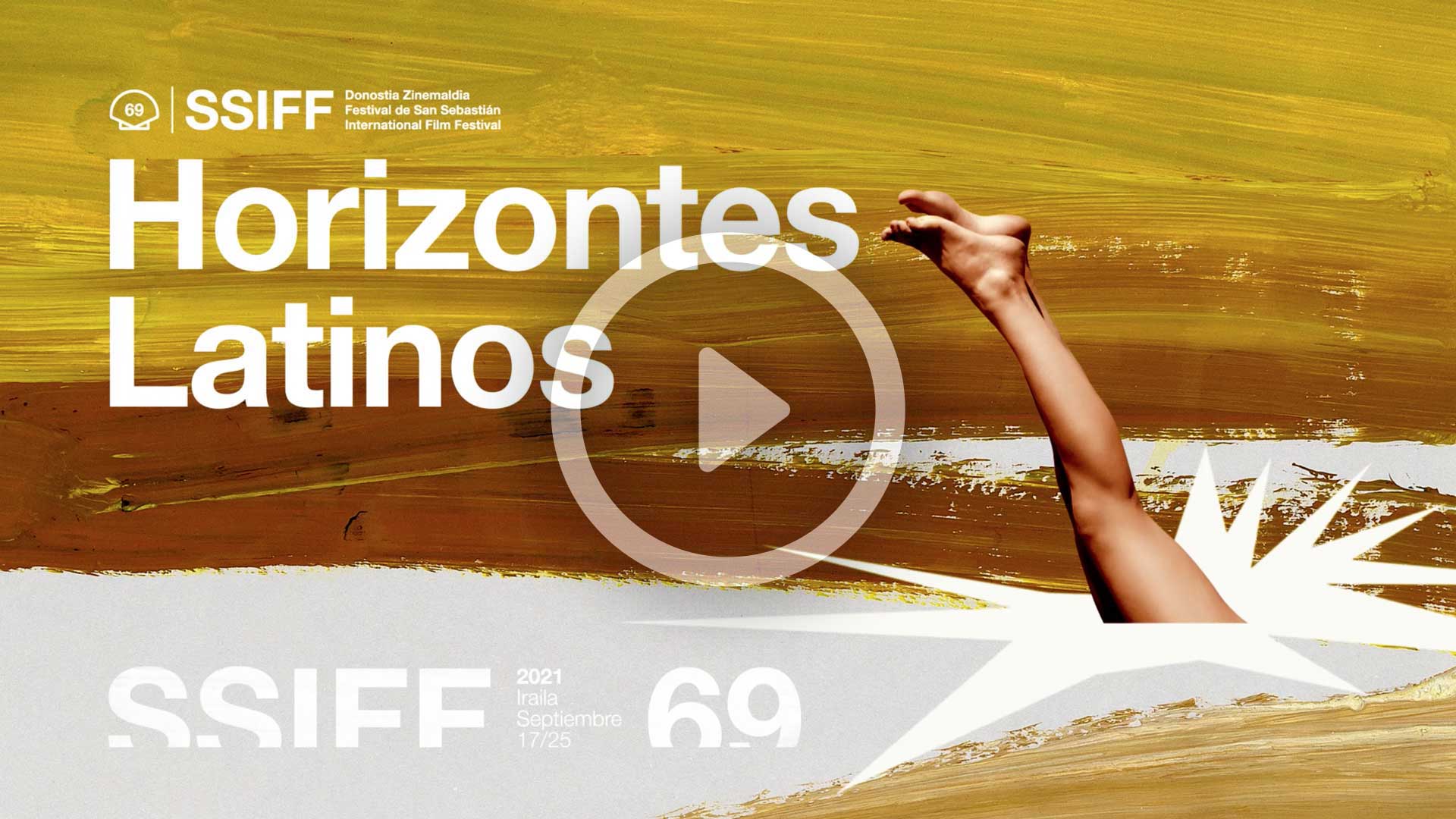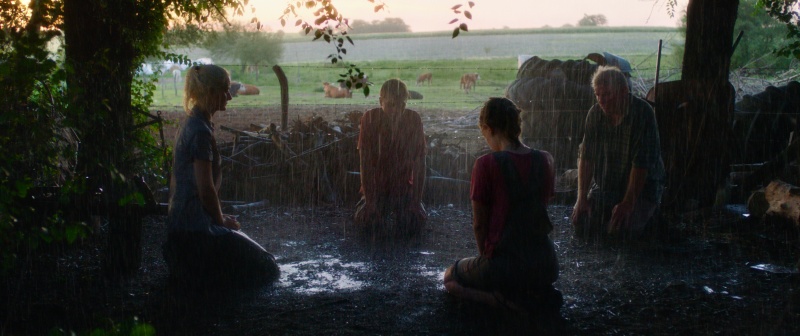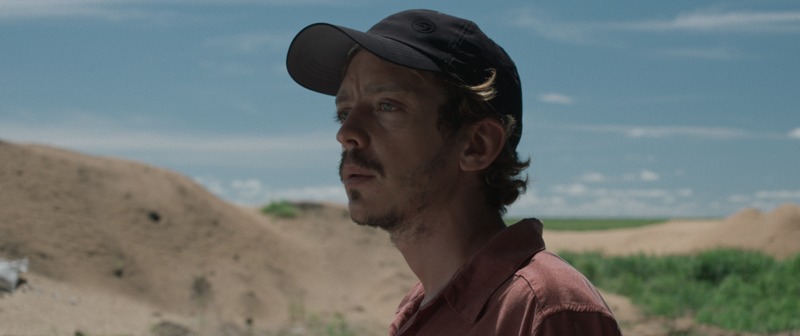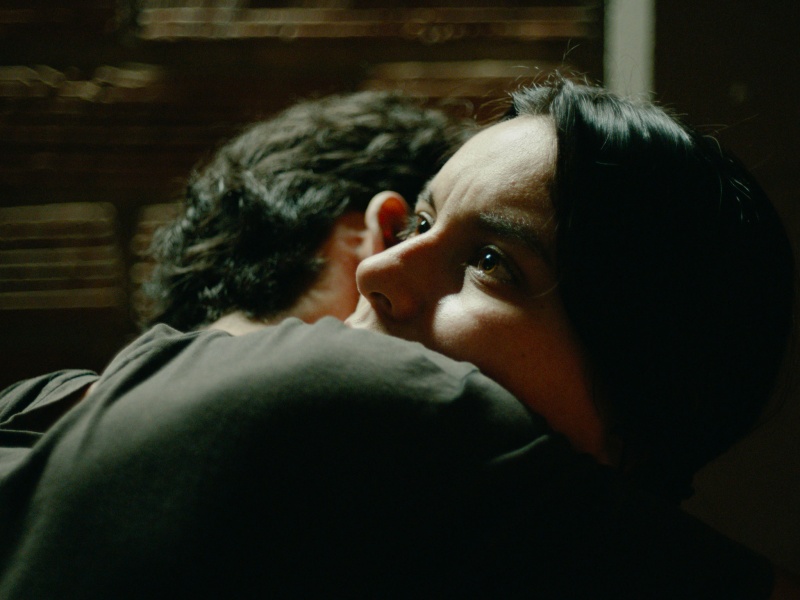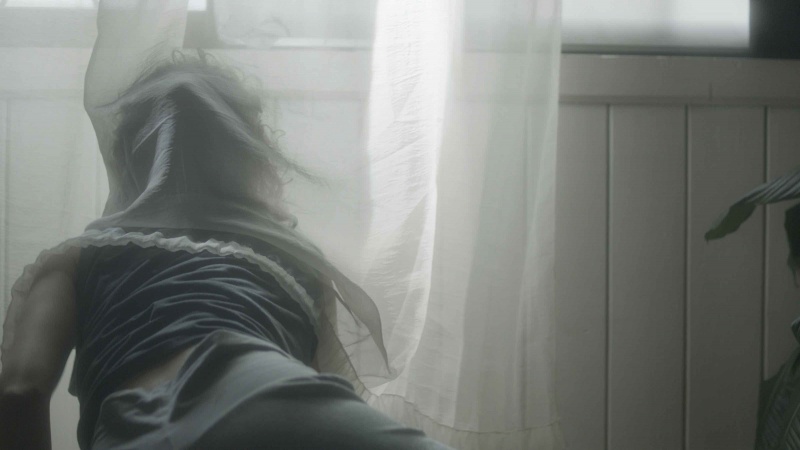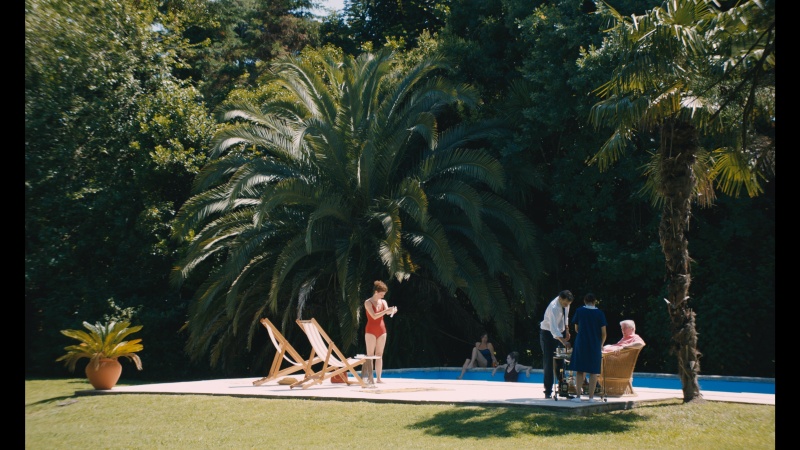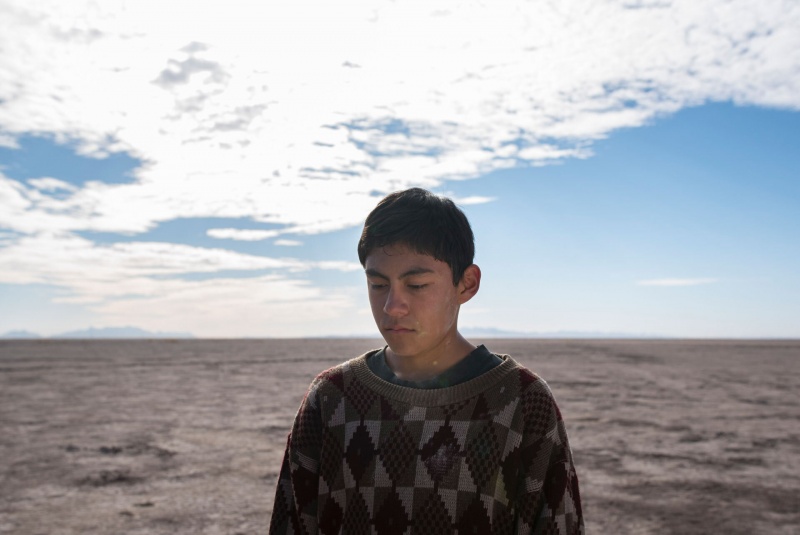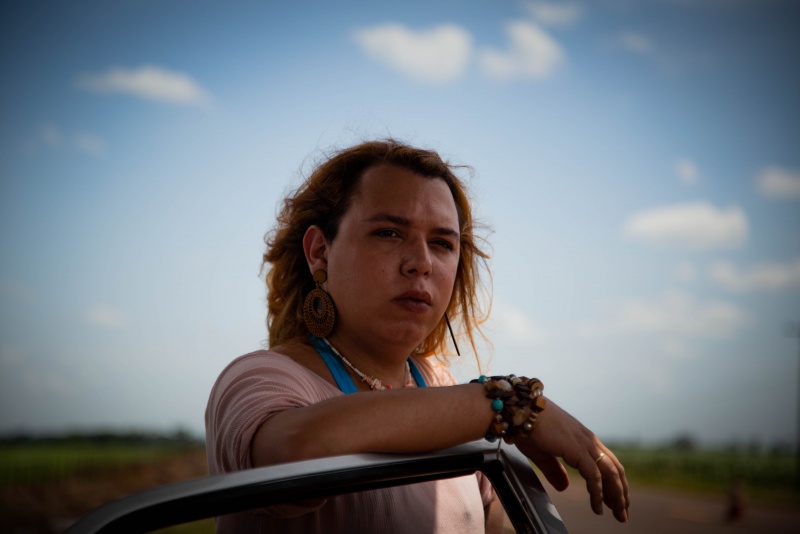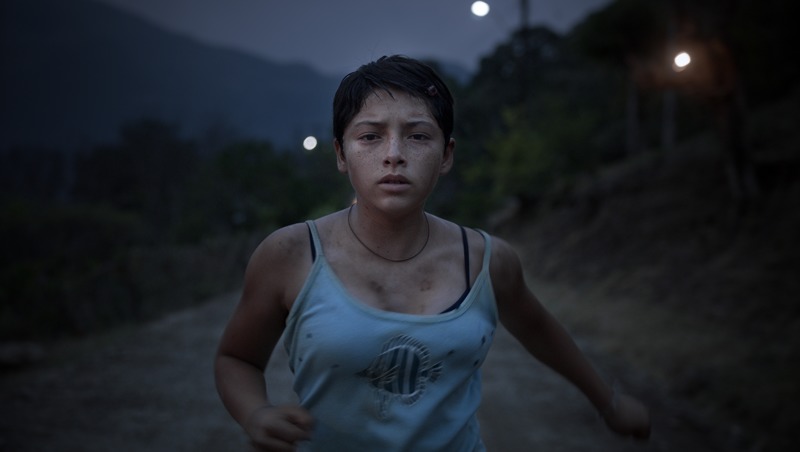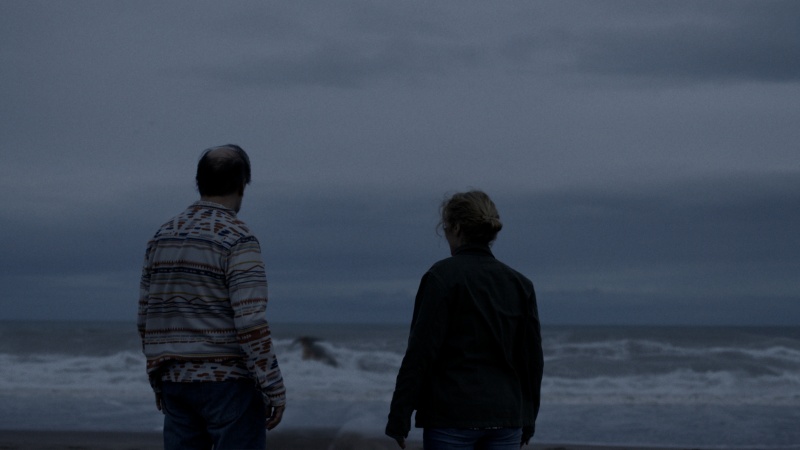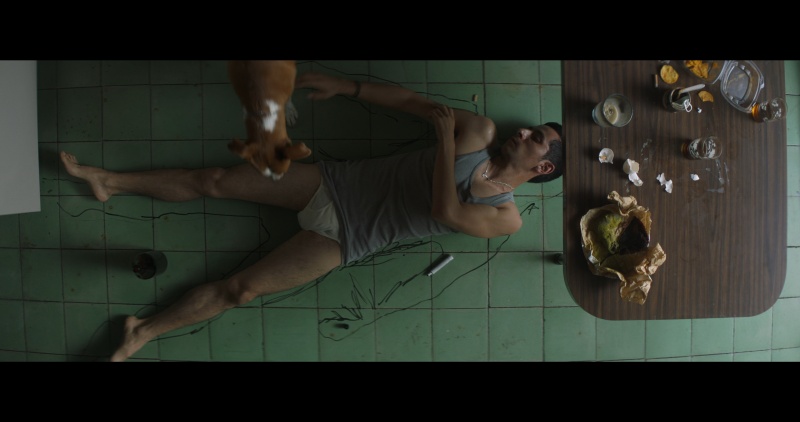The selection includes three first films and the return to the section of directors Paz Fábrega, Alonso Ruizpalacios and Lorenzo Vigas
The 2021 Horizontes Latinos selection will see ten Latin American films directed by moviemakers from Argentina, Brazil, Colombia, Costa Rica, Mexico, Switzerland, Uruguay and Venezuela gather at the San Sebastian Festival, including five films from the event’s Latin American work in progress initiative, three first films and the return to the section of directors Paz Fábrega, Alonso Ruizpalacios and Lorenzo Vigas.
The winner of the WIP Latam Industry Award 2020, Piedra Noche / Dusk Stone, by Iván Fund, will compete for the Horizontes Award following its screening in the Venice Festival’s Giornate degli Autori section. The Argentine filmmaker, winner of awards at Cannes, BAFICI and Mar del Plata for his previous films, tells the story of a married couple in mourning.
El empleado y el patrón / The Employer and the Employee, winner of the Egeda Platino Industry Award for best WIP Latam 2020, will close the Horizontes selection. Its director, the Uruguayan Manuel Nieto Zas, award winner at Rotterdam and Havana, premiered his third film, starring Nahuel Pérez Biscayart, at the last Directors’ Fortnight in Cannes.
Another film from the WIP Latam seedbed, Jesús López, will have its world premiere in San Sebastian and will open the section. The movie by the Argentine director Maximiliano Schonfeld, who presented his earlier productions at the Berlinale, follows the transformation experienced by Abel when his cousin Jesús is killed in a car accident. Jesús López was also selected for Proyecta, the collaboration between Ventana Sur and San Sebastian Festival, in 2018.
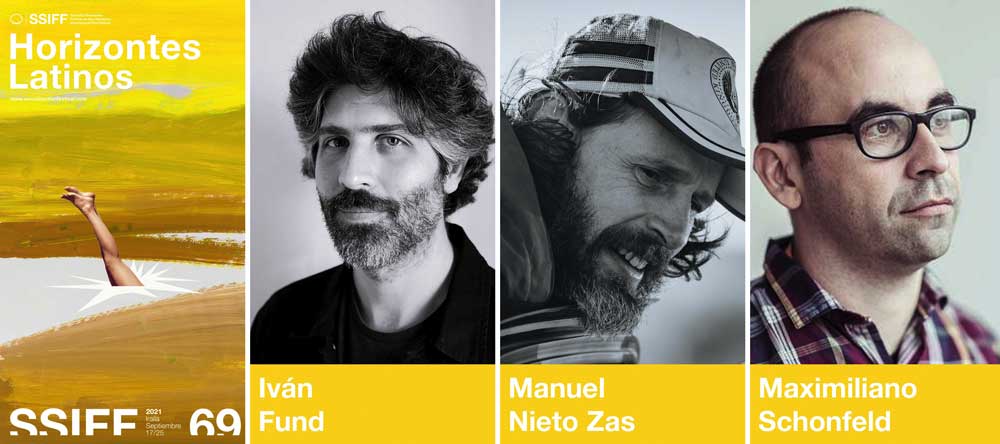
Madalena participated in the official competition at Rotterdam after being selected for Films in Progress 36. The first feature film from the Brazilian director Madiano Marcheti tells the story of three characters connected by Madalena’s disappearance.
Aurora, the latest film from Paz Fábrega, which was part of the Films in Progress 37 selection with the title of Desasosiego / Restless, also competed in Rotterdam. Aurora will be the Costa Rican director’s second participation in Horizontes Latinos, following the selection of her first feature film, Agua fría de mar, in 2010.
Lorenzo Vigas also returns to Horizontes Latinos to present his second film, La caja / The Box, which will once again compete for Venice Festival’s Golden Lion in September after having landed the same award with his feature film debut, Desde allá / From afar, in 2015. With La caja, the Venezuelan director closes his trilogy on fatherhood, started with the short film Los elefantes nunca olvidan (2004).
The Mexican director Alonso Ruizpalacios, winner of the Horizontes Award with his debut film, Güeros (2014), returns with Una película de polícias / A Cop Movie, a contender for the Golden Bear at the last Berlinale. A Cop Movie won the Silver Bear for Outstanding Artistic Contribution for Yibrán Asuad’s editing.
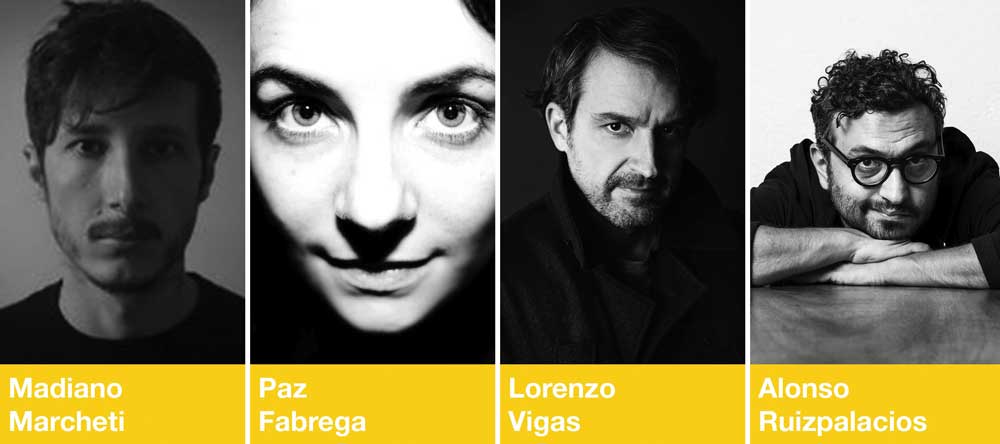
Also coming from the Berlin Festival’s (Encounters section), the Festival will programme Azor, a project resulting from San Sebastian Festival’s Co-Production Forum in 2016. The first feature from the Swiss director Andreas Fontana places two bankers in the context of the Argentine dictatorship and its disappeared.
The Mexican director Tatiana Huezo will present Noche de fuego / Prayers for the Stolen, recipient of a special mention from Un Certain Regard at the Festival de Cannes. Noche de fuego is the first fictional feature from Huezo, whose non-fiction film El lugar más pequeño was programmed for the 4+1: Contemporary Mexican cinema retrospective in 2011.
Amparo, Simón Mesa Soto’s debut in feature films, part of the Semaine de la Critique selection at the last Festival de Cannes, follows a woman whose son has been recruited by the army. The Colombian director won the Golden Palm for best short film with his graduation short (Leidi, 2014).
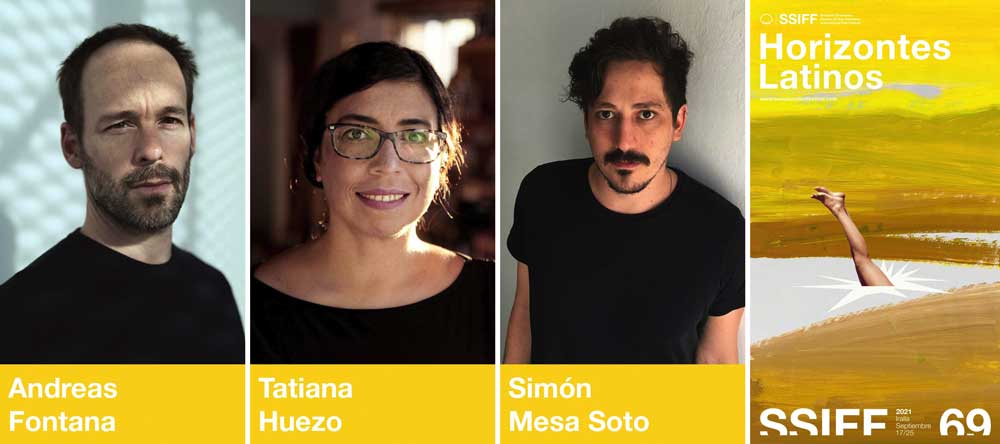
The Horizontes Latinos section is one example of San Sebastian Festival’s strong links with Latin America. All of the selected feature films, never screened before in Spain, totally or partially produced in Latin America, directed by filmmakers of Latin origin or with Latin communities as their theme or backdrop, compete for the Horizontes award, coming with 35,000 euros for the director of the film and its distributor in Spain.
The Horizontes Latinos Jury is responsible for appraising and deciding the awards for these movies. Films in the Horizontes Section which are also the first or second work by their director similarly compete for the TCM Youth Award, decided by a jury of students between the ages of 18 and 25 years.
|
FILMS
Jesús López, a young racing driver, dies in an accident, leaving the villagers deeply shaken. His cousin Abel, a rudderless teenager, is increasingly tempted to take his place. He moves in with Jesús' parents, wears his clothes, goes out with his friends and ex-girlfriend. At first, people accept the change and Abel warms to the role. But the resemblance to his cousin becomes disturbing, to the point that he actually is Jesús López. A car race in memory of Jesús is organized in the village. Encouraged by his cousin’s spirit, Abel drives the dead man’s car. The outcome of the race will determine whether or not the transformation is permanent.
The employer is a young man who seems to have everything, except for one pressing concern: his baby’s health. The employee is looking for a job to support his newborn child and doesn’t think twice when the boss decides to hire him to work on his land. Both meet their needs by helping one another. But one day there is an accident. The unexpected occurrence will strain the ties between them, endangering the fate of the two families.
After a long night's shift, Amparo, a single mother of two, returns home to find her children are not there. She soon finds out that her son Elías has been drafted during an army raid and will be sent to the front in a notorious war zone near the border. His fate seems sealed. With only a day left until his departure, Amparo manages to contact a man who offers to alter Elias' files and get him out. With nothing much on her side, she embarks on a race against time to free her son in a society ruled by corruption.
Surrogacy and minimalist stories combine through the life of Luisa, a young architect, sometimes dancer, sometimes teacher. What is the relationship between motherhood, roving and desire? Aurora negotiates this question mapped in the intimate archipelago shaped by the lives of engaging women, in the centre of which is Yuliana, a teenager who hides her pregnancy of several months from her mother with Luisa's complicity.
Yvan De Wiel, a private banker from Geneva, travels to Argentina at the height of the dictatorship to replace his partner who has disappeared overnight amid very worrying rumours. In hushed lounges, swimming pools and gardens under surveillance, a remote duel takes place between two bankers who, despite using different methods, are the accomplices of a discreet and merciless form of colonisation.
Hatzin, a young teenager from Mexico City, travels to collect his father's remains, which have been found in a mass grave amidst the huge skies and empty landscape of Northern Mexico. But a casual encounter with a man who shares a physical resemblance with his father fills him with doubts and hope about his parent's true whereabouts.
Luziane, Cristiano, and Bianca have almost nothing in common, beside the fact that they all live in the same rural city surrounded by soy fields in western Brazil. While they don't know one another, each of them is affected by Madalena's disappearance. In different parts of the town, each in their own way, they react to her absence.
In a solitary town nestled in the Mexican mountains, the girls wear boyish haircuts and have hiding places underground. Ana and her two best friends take over the houses of those who have fled and dress up as women when no one is watching. In their own impenetrable universe, magic and joy abound; meanwhile, their mothers train them to flee from those who turn them into slaves or ghosts. But one day, one of the girls doesn't make it to her hideout in time.
Sina makes her way to the coast to help her friend Greta with the sale of her summer house. Greta lost her only son less than a year ago in that sea and needs her help. As they pack everything up and get ready to hand over the key, Bruno, Greta’s husband, claims to have seen something that confirms the local rumours referring to sightings of a strange creature.
An experiment in documentary and narrative storytelling sheds light on one of Mexico's most controversial institutions, the police force, and the causes of the impunity that plagues the justice system.


